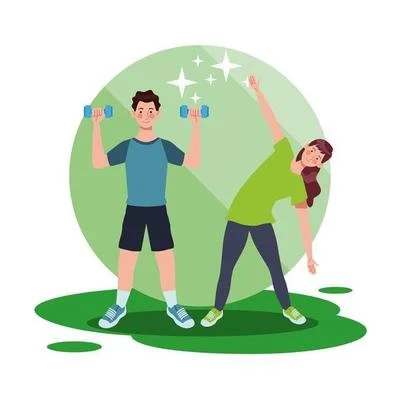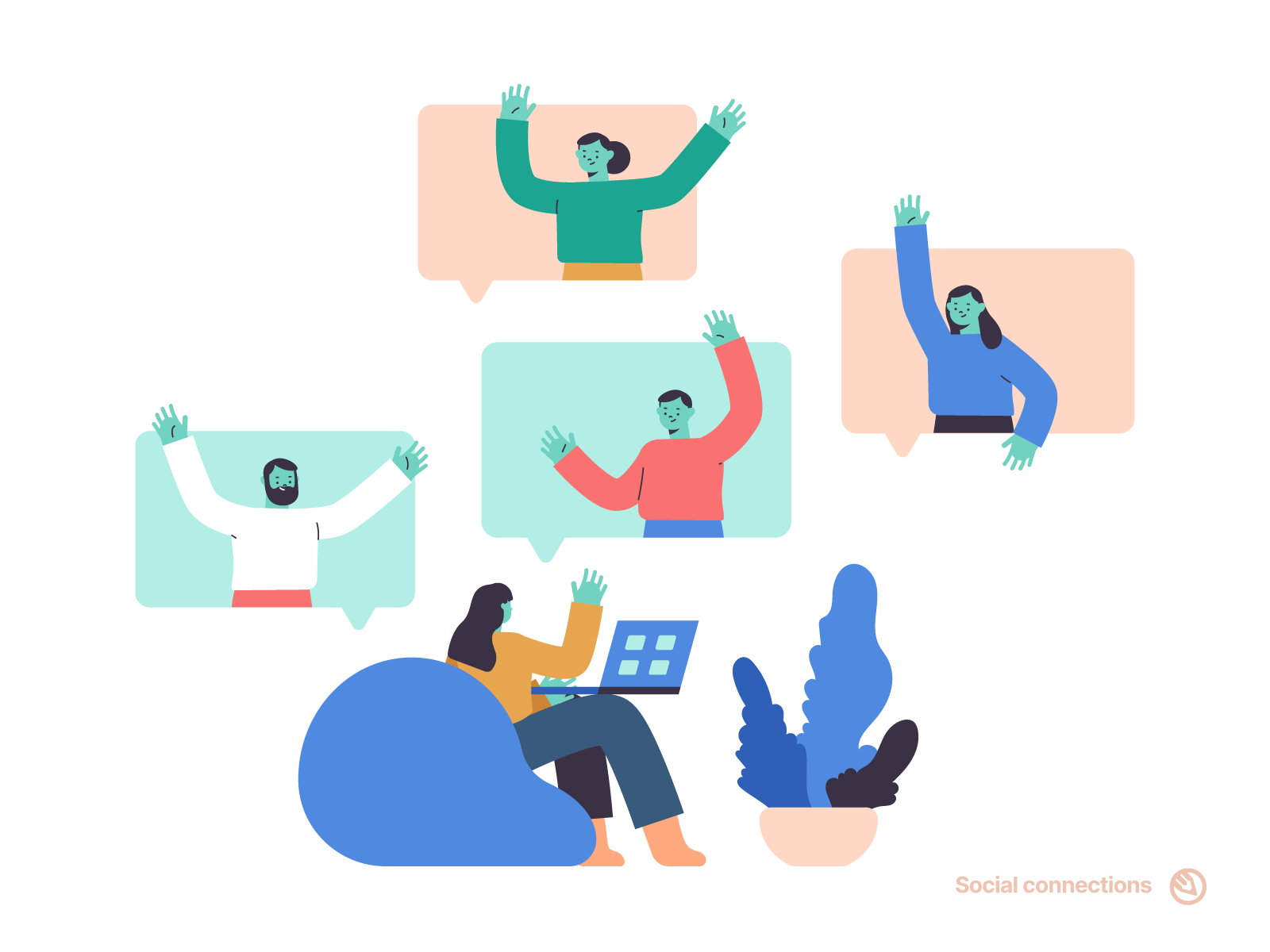Step 2:
Coping
What do you mean by coping?
Coping skills are what is used to deal with stressful situations. Developing a strong foundation of healthy coping skills will help in the long run. As there are many different mediums of mental health, there are also many different ways to cope.
-

Art
Getting involved with the arts, whether it’s music, written works, painting, or photography, can have lasting effects on our health. Benefits include improvement of concentration, improvement of self-esteem, reduction of stress, and an opportunity to express yourself in a different way.
-

Exercise
Mental health and physical health are closely connected. Studies show that exercise has many benefits such as improved brain health and cognitive function, reduced risk of anxiety and depression, and overall improvement of quality of life. There are many ways to exercise, from going to the gym and working out, to going for a swim or a walk around the neighborhood. Remember to drink lots of water after!
-

Connection
Having a good support system of trusted people is an important way to cope with what you’re feeling. From parents, to family members, to a good group of friends, a support system can help us get advice, let us express our feelings and emotions, and work with us to figure out the best way to approach situations.
-

Mindfulness
Practicing mindfulness means living and paying attention to the present moment, and is a helpful tool to manage our mental health when we feel stressed or overwhelmed. It can help us be aware of our feelings, thoughts, and emotions in a positive manner without judging or reacting to them negatively. Some techniques commonly used are meditation, yoga, or breathing exercises.

